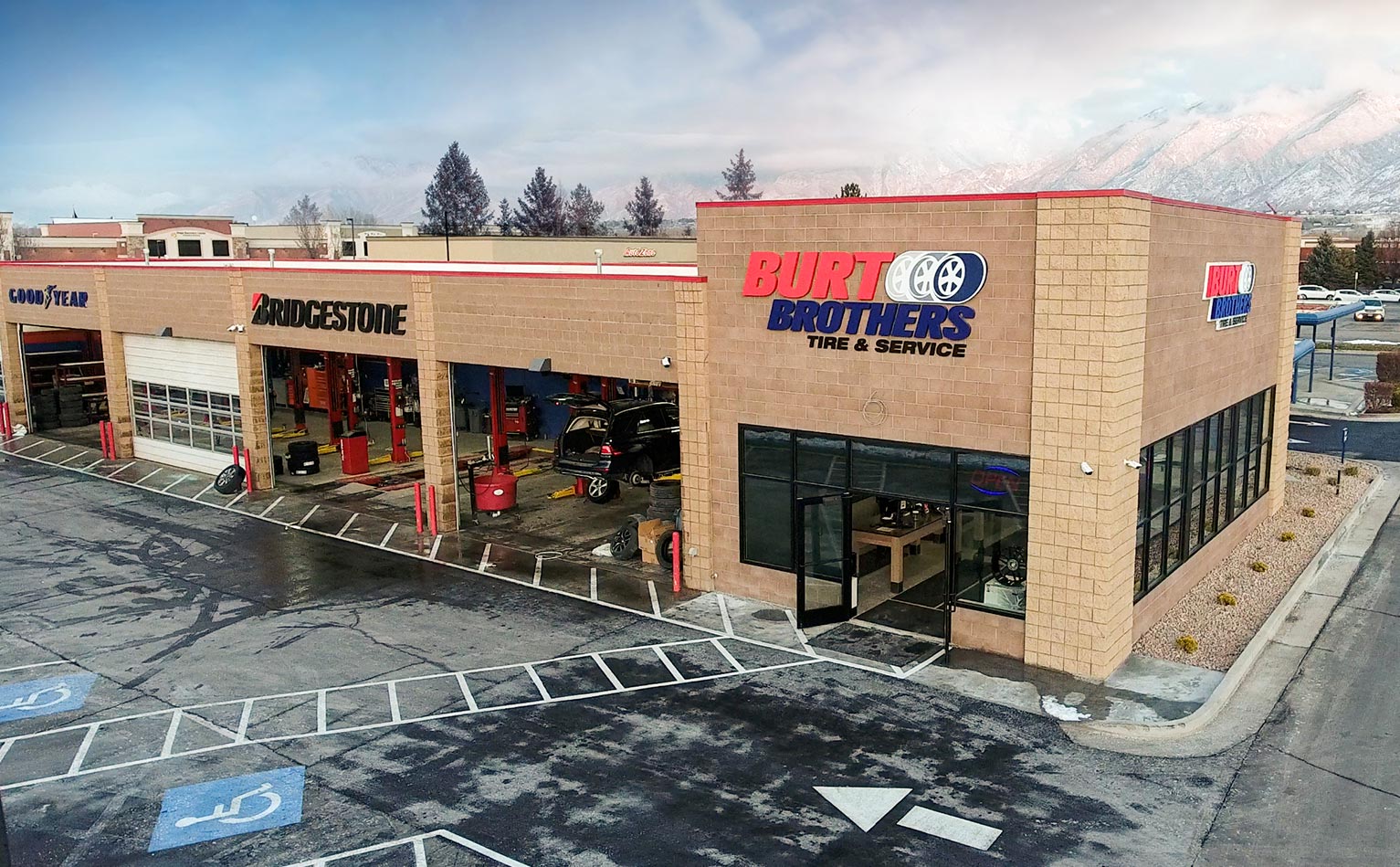Morris Tire Service Excellence: Where Expertise Meets Your Tire Needs
Morris Tire Service Excellence: Where Expertise Meets Your Tire Needs
Blog Article
The Ecological Benefits of Appropriate Tire Maintenance
Preserving correct tire care is usually neglected, yet its influence on the environment is profound. Appropriate tire upkeep not only prolongs the life-span of tires but additionally decreases garbage dump waste and adds to improved air top quality.
Decreased Gas Intake
Improving tire upkeep methods can lead to a substantial decrease in gas intake for vehicles. According to the U.S. Department of Energy, underinflated tires can decrease gas mileage by 0.2% for every 1 psi decline in stress in all four tires.
In enhancement to tire pressure, regular tire rotations and positionings likewise play an essential function in fuel efficiency. Unevenly used tires can raise gas intake as the engine functions harder to keep speed and traction. By preserving appropriate placement and revolving tires at advised periods, motorists can make certain also extend the life and use of their tires, eventually conserving fuel and minimizing their carbon footprint.
Extended Tire Life Expectancy
Prolonging the life expectancy of tires is an essential aspect of efficient vehicle upkeep techniques that can produce price savings and ecological advantages in the long run. By correctly maintaining tires, vehicle drivers can significantly lengthen their functionality, decreasing the regularity at which new tires need to be made and old ones disposed of. This not just saves valuable sources but additionally reduces the energy and exhausts connected with tire manufacturing and disposal procedures.
Routinely examining tire stress, rotating tires, and ensuring correct alignment are important action in expanding tire life expectancy. Adequate walk depth is vital for optimal grip and safety, however it additionally plays a function in exactly how long tires can be used prior to requiring replacement. Additionally, avoiding aggressive driving actions that accelerate tire wear, such as extreme stopping and sharp turns, can even more improve tire durability.
Ultimately, enhancing the longevity of tires through proactive upkeep not just benefits the setting by minimizing waste and preserving sources however also results in set you back financial savings for automobile owners by delaying the need for new tire acquisitions.
Reduced Exhausts Result
Effective tire upkeep practices contribute to a reduction in emissions outcome, straightening with ecological sustainability objectives in the automotive industry. By preserving optimum tire pressure levels, motorists can help minimize these negative ecological effects.
Additionally, properly maintained tires likewise improve traction and decrease rolling resistance, even more enhancing gas effectiveness. This, in turn, lowers the quantity of exhaust gases released right into the environment. Additionally, ensuring tires are effectively pumped up and aligned can prolong the lifespan of the tires, reducing the regularity of tire replacements and the linked environmental prices of tire manufacturing and disposal.

Decreased Garbage Dump Waste
Given the favorable effect of proper tire upkeep on minimizing discharges output, an additional considerable ecological advantage is the potential for lowered garbage dump waste. They put on out quicker and need to be replaced extra frequently when tires are not preserved correctly. This leads to a greater quantity of utilized tires being disposed of in land fills. However, by making sure that tires are effectively pumped up, straightened, well balanced, and rotated regularly, their life expectancy can be considerably extended. This means that fewer tires end up in garbage dumps, minimizing the quantity of non-biodegradable waste in these currently overruning websites.

Improved Air Top Quality
Enhancing air quality with proper tire maintenance techniques is an important aspect of lasting ecological stewardship. When tires are underinflated, they produce more rolling resistance, leading to boosted fuel usage and greater discharges of harmful contaminants such as carbon monoxide and nitrogen oxides. Effectively filled with air tires not only boost fuel performance but likewise reduce the amount of toxins launched into the air.
Furthermore, well-maintained tires with correct walk deepness and alignment add to more secure motoring conditions, decreasing the possibility of crashes that can lead to the release of extra toxins into the environment. By expanding the life-span of tires through routine upkeep and rotation, less tires are thrown out too soon, reducing the environmental influence of tire disposal and production procedures.
Verdict
In conclusion, appropriate tire maintenance provides many ecological benefits. By straight from the source decreasing fuel usage, expanding tire lifespan, lowering exhausts output, reducing landfill waste, and boosting air quality, people can contribute to a much healthier planet. These initiatives not only benefit the atmosphere but additionally assist to preserve sources and lower overall environmental influence. It is necessary for people to focus on tire maintenance as a basic yet effective way to safeguard the setting for future generations.
Appropriate tire maintenance not only extends the lifespan of tires however likewise reduces garbage dump waste and adds to boosted air quality - morris tire. By maintaining proper alignment and rotating tires at suggested intervals, drivers can make sure also put on and lengthen the life of their tires, inevitably conserving gas and minimizing their carbon footprint
By appropriately keeping tires, vehicle drivers can substantially extend their use, reducing the frequency at which new tires need to be made and old ones disposed of.On a regular basis checking tire pressure, revolving tires, and guaranteeing appropriate alignment are necessary steps in prolonging tire lifespan. Furthermore, ensuring tires are appropriately blown up and aligned can expand the life expectancy of the tires, reducing the frequency of tire replacements and the associated ecological expenses of tire production and disposal.
Report this page